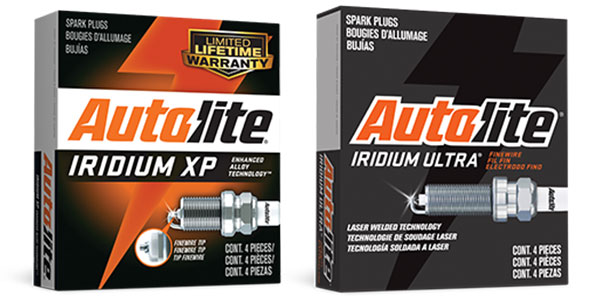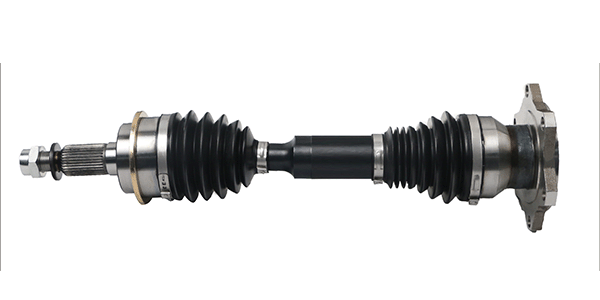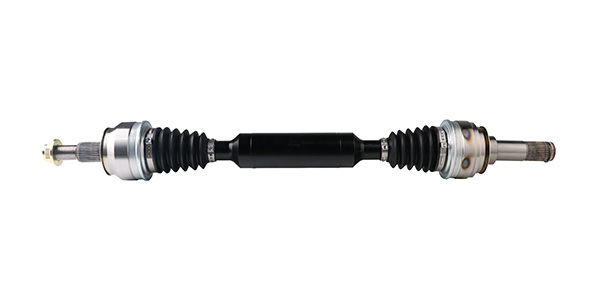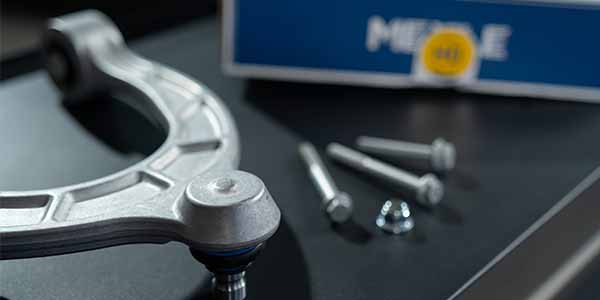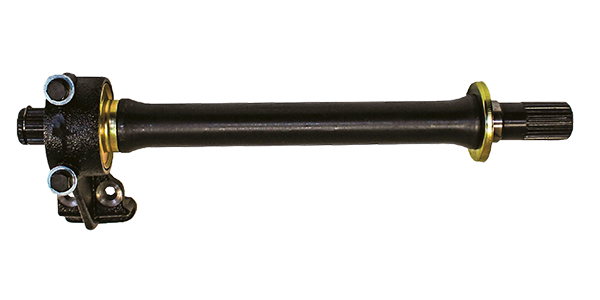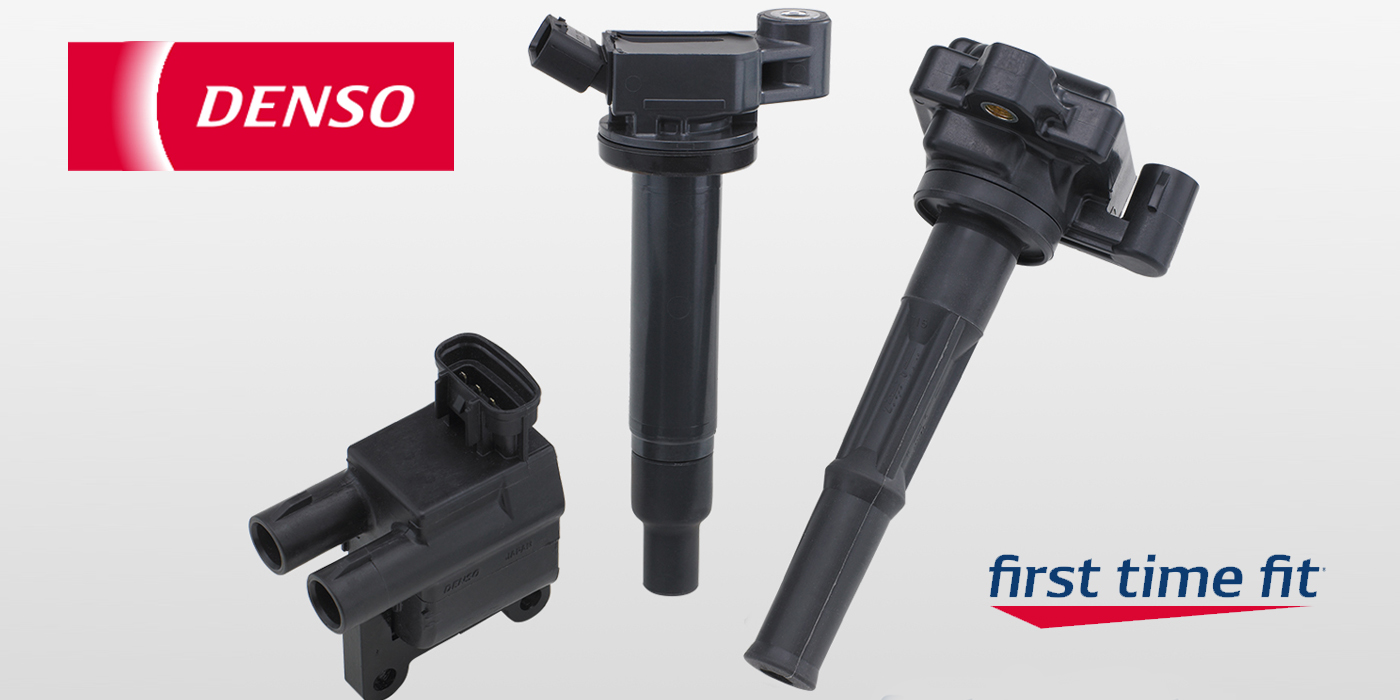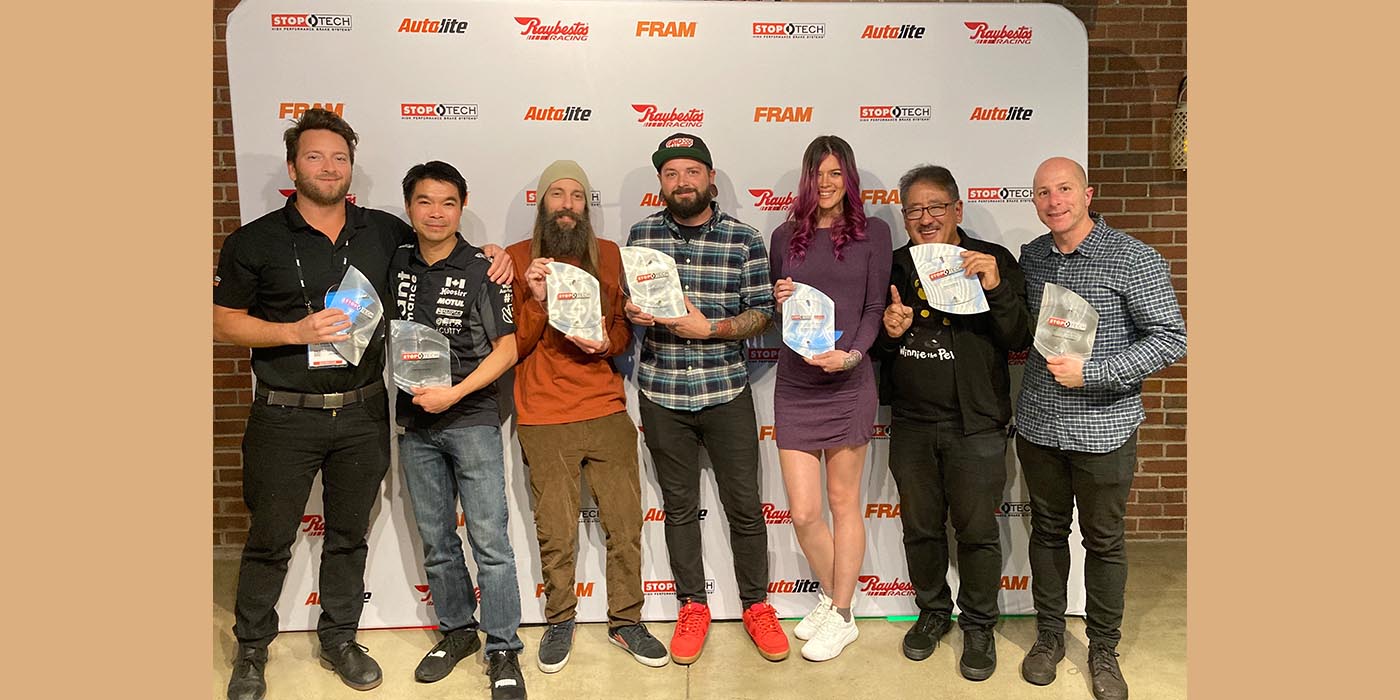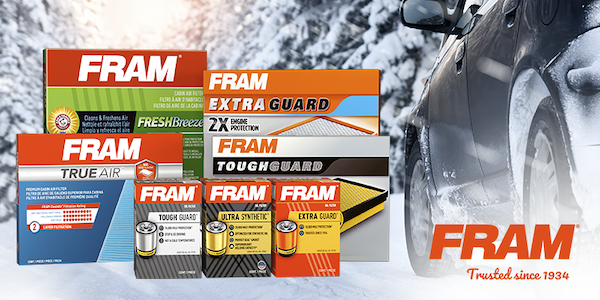No matter if you’re a vehicle technician or enthusiast, if you’ve worked on a car, chances are you’ve come across an engine misfire before. They can be a real pain, but like most problems, the more you know, the better off you’ll be. From the spark plugs to the ignition coils, many different things can cause an engine to misfire.
The most common causes of misfires are worn, improperly installed, and mishandled spark plugs, malfunctioning ignition coils, carbon tracking, faulty spark plug wires and vacuum leaks. It’s no surprise that spark plugs are some of the most common underlying issues when it comes to engine misfires, but advances in the metallurgy of these components is steadily improving their performance. Specifically, iridium fine wire spark plugs that have been engineered for more focused ignition, and fewer misfires.
With plug-related misfires, worn or improperly installed spark plugs make up the majority. Spark plugs deliver the electric current from the ignition system to the combustion chamber, igniting the compressed fuel/air mixture. If the spark plugs are not properly torqued down, they can leak air and throw off the air-fuel ratio, and if not installed properly, plugs can cause an air gap issue.
For ignition coils, they will send a misfire code if they fail, but the code may not be the cause of the actual problem. A misfire code can be triggered by anything that causes the cylinder not to fire, so a full diagnosis should be run to be 100% sure on what is causing the misfire.
Another common engine misfire is called carbon tracking or flash-over. This occurs at the coil-on-plug ignition on the spark plug insulator, and it is often caused by oil, dirt, erosion, or moisture that grounds the spark. But with modern spark plugs, you can prevent flash-overs through a high-alumina, multi-rib ceramic insulator design.
Spark plugs may be one of the main causes of engine misfires, but with the use of iridium in the design of spark plug fine wire, it addresses misfires like never before. It provides fewer chances of misfires because of the metal that protects against high temperatures, oxidation, and corrosion.
Engine misfires don’t have a “one size fits all solution,” so be sure your customers are exploring a full diagnosis of the engine misfire. If a customer’s misfire is due to a spark plug condition, make sure they know about their iridium options to experience fewer misfires.
Autolite® has been focused on developing spark plugs since 1935. We have done the research, including flame kernel measurements, heat range testing, micro material analysis, dielectric testing and many more evaluations, to enhance the performance, durability, and ignitability of plugs for domestic and import engines. Our latest advances in technology are our Iridium Ultra® spark plugs. This plug offers the highest level of performance and a limited lifetime warranty to show you we mean business. Explore the benefits of our Iridium Ultra spark plugs at autolite.com.
This article was sponsored by Autolite.

